Week in images: 19-23 September 2022
Friday, 23 September 2022 12:15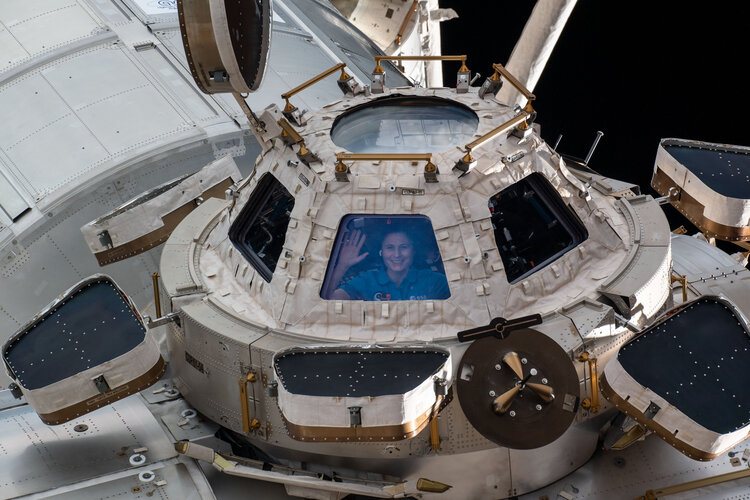
Week in images: 19-23 September 2022
Discover our week through the lens
Smartphone chips flown in orbit for space weather monitoring
Friday, 23 September 2022 11:00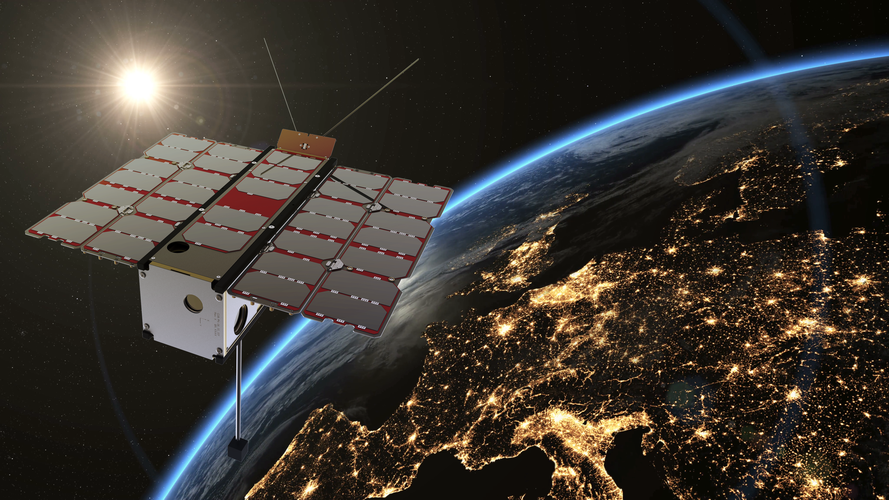
Magnetic technology more typically found in your smartphone or computer hard drive has been flight-tested aboard a shoebox-sized satellite, employed to help monitor space weather in Earth orbit. The ‘magnetoresistive’ magnetometer design proven by ESA’s RadCube mission will now be flown on the Gateway station, set to orbit around the Moon.
Axiom Space to fly Saudi astronauts
Friday, 23 September 2022 10:24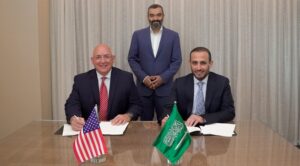
Axiom Space will fly two astronauts from Saudi Arabia, one of them a woman, to space as soon as next year, the company and the Saudi government announced Sept. 22.
The post Axiom Space to fly Saudi astronauts appeared first on SpaceNews.
Earth from Space: Lake Trasimeno
Friday, 23 September 2022 07:00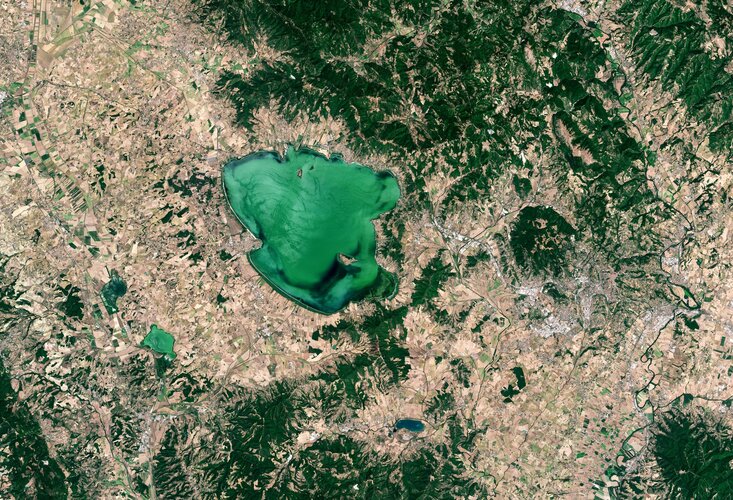
Lake Trasimeno, the fourth largest lake in Italy, is featured in this week’s Earth from Space image.
SES considering quantum cryptography satellite system
Friday, 23 September 2022 05:57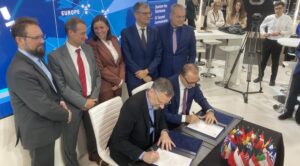
A technology demonstration satellite for which SES will lead the development could be a prototype of a constellation by the satellite operator providing quantum-encrypted communications.
The post SES considering quantum cryptography satellite system appeared first on SpaceNews.
ESA lunar landing camera to fly to the Moon
Thursday, 22 September 2022 21:35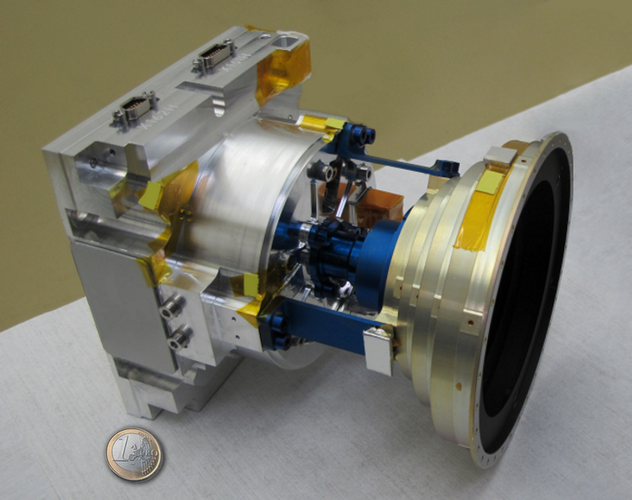
ESA has many ambitions for exploring our Moon, and we are setting the groundwork for a lander that can rely on cameras and lidar to analyse lunar terrain and choose the best landing spot – autonomously. The camera is ready, but nothing beats a real-world test: ESA has chosen Lunar Logistics Services and Astrobotic from a competitive tender to fly the innovative camera, called LandCam-X, to the Moon in 2024 on Astrobotic’s Griffin Mission One.
SES-led group to deploy quantum security satellite for Europe in 2024
Thursday, 22 September 2022 21:10
The European Space Agency has tasked an SES-led consortium to develop a satellite and begin operating it in 2024 to validate quantum key distribution technology.
The post SES-led group to deploy quantum security satellite for Europe in 2024 appeared first on SpaceNews.
As DoD grows more reliant on space industry, it needs to define the relationship
Thursday, 22 September 2022 20:24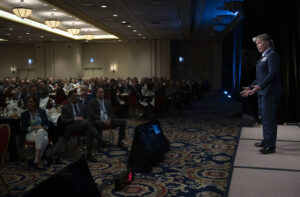
DoD and the intelligence community are laying out requirements for how they would use commercial space systems during wartime
The post As DoD grows more reliant on space industry, it needs to define the relationship appeared first on SpaceNews.
NASA's Juno will perform close flyby of Jupiter's icy moon Europa
Thursday, 22 September 2022 19:17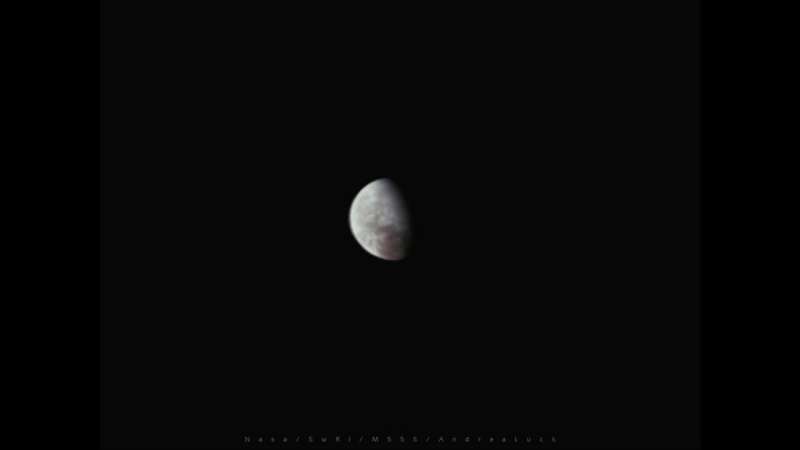
On Thursday, Sept. 29, at 2:36 a.m. PDT (5:36 a.m. EDT), NASA's Juno spacecraft will come within 222 miles (358 kilometers) of the surface of Jupiter's ice-covered moon, Europa. The solar-powered spacecraft is expected to obtain some of the highest-resolution images ever taken of portions of Europa's surface, as well as collect valuable data on the moon's interior, surface composition, and ionosphere, along with its interaction with Jupiter's magnetosphere.
Mangata seeks permission to connect UK user terminals
Thursday, 22 September 2022 16:25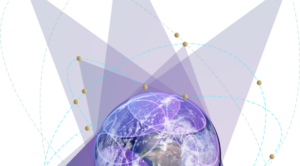
Mangata Networks, a U.S. satellite startup founded by a former OneWeb executive, has applied for a U.K. license to connect broadband terminals to its planned multi-orbit constellation.
The post Mangata seeks permission to connect UK user terminals appeared first on SpaceNews.
Explainer: Why a NASA spacecraft will crash into an asteroid
Thursday, 22 September 2022 16:13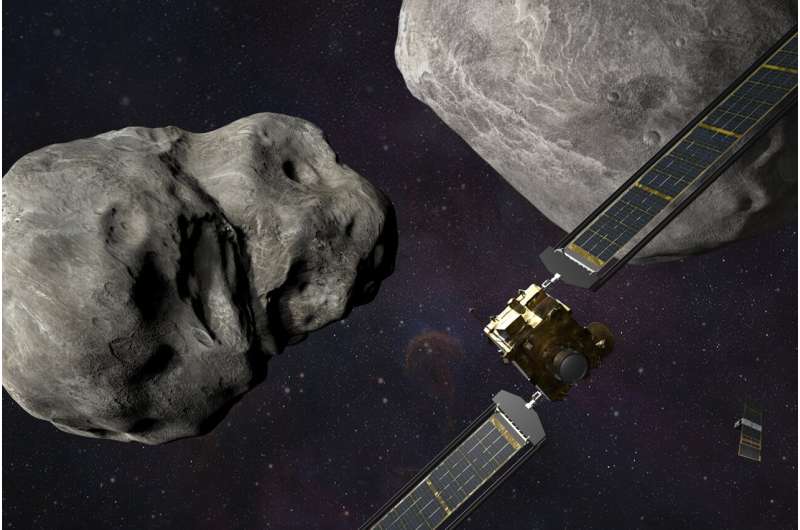
Why is a NASA spacecraft crashing into an asteroid?
Thursday, 22 September 2022 16:13
Marlink to offer Starlink to maritime and enterprise customers
Thursday, 22 September 2022 15:25
Maritime connectivity specialist Marlink will offer Starlink to its customers as SpaceX’s broadband service turns to partners to expand beyond the consumer market.
The post Marlink to offer Starlink to maritime and enterprise customers appeared first on SpaceNews.
ESA selects Harmony as tenth Earth Explorer mission
Thursday, 22 September 2022 13:20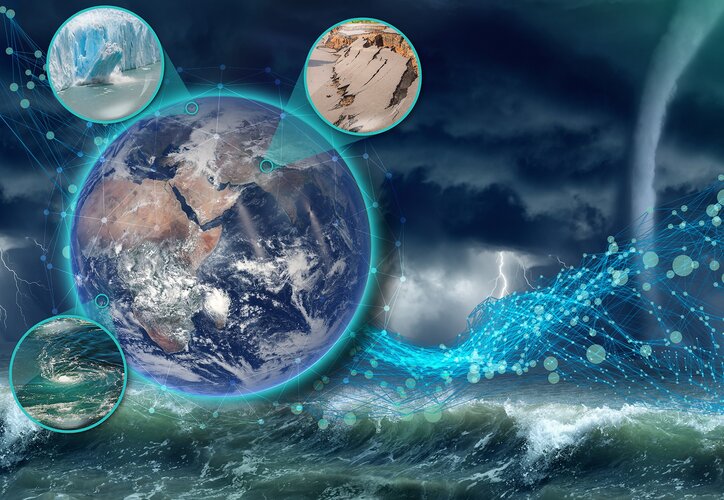
Following preparatory activities and a stringent process ESA Member States today formally selected Harmony for implementation as the tenth Earth Explorer mission within the FutureEO programme. This unique satellite mission concept is, therefore, now set to become a reality to provide a wealth of new information about our oceans, ice, earthquakes and volcanoes – which will make significant contributions to climate research and risk monitoring.
JPSS-2 begins launch processing
Thursday, 22 September 2022 13:02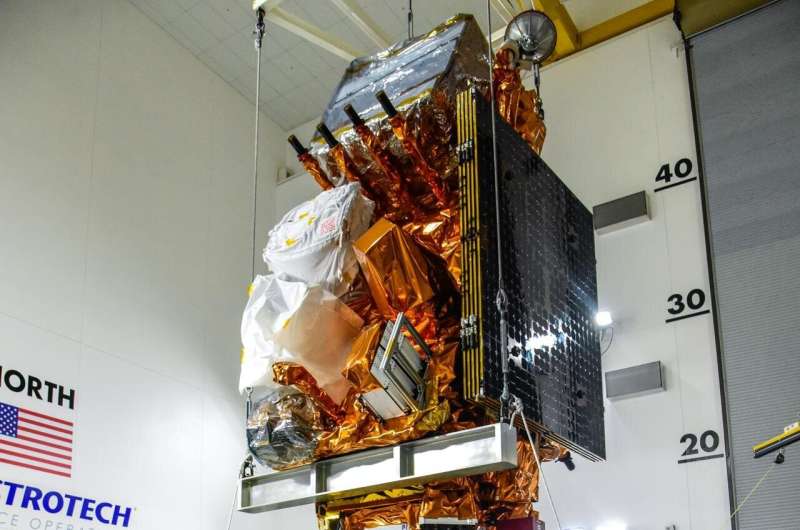
Preparations are looking up for the launch of the National Oceanic and Atmospheric Administration's (NOAA) Joint Polar Satellite System-2 (JPSS-2) satellite. On behalf of NOAA, NASA develops and builds the instruments, spacecraft, and ground system, and launches the satellites, which NOAA operates. Technicians recently lifted the satellite to a stand inside the Astrotech Space Operations facility at Vandenberg Space Force Base in California. On board are four advanced instruments that will measure weather and climate conditions on Earth. Launch is targeted for Nov. 1 atop a United Launch Alliance (ULA) Atlas V 401 rocket from Space Launch Complex-3.
Launching with JPSS-2 is a secondary payload, known as Low-Earth Orbit Flight Test of an Inflatable Decelerator, or LOFTID. LOFTID will demonstrate inflatable heat shield technology for atmospheric entry and re-entry. This technology could enable a variety of proposed NASA missions to destinations such as Mars, Venus, and Titan, as well as returning heavier payloads from low-Earth orbit.
Before launch, technicians will stack the JPSS-2 satellite onto a payload adapter canister containing the LOFTID reentry vehicle.
